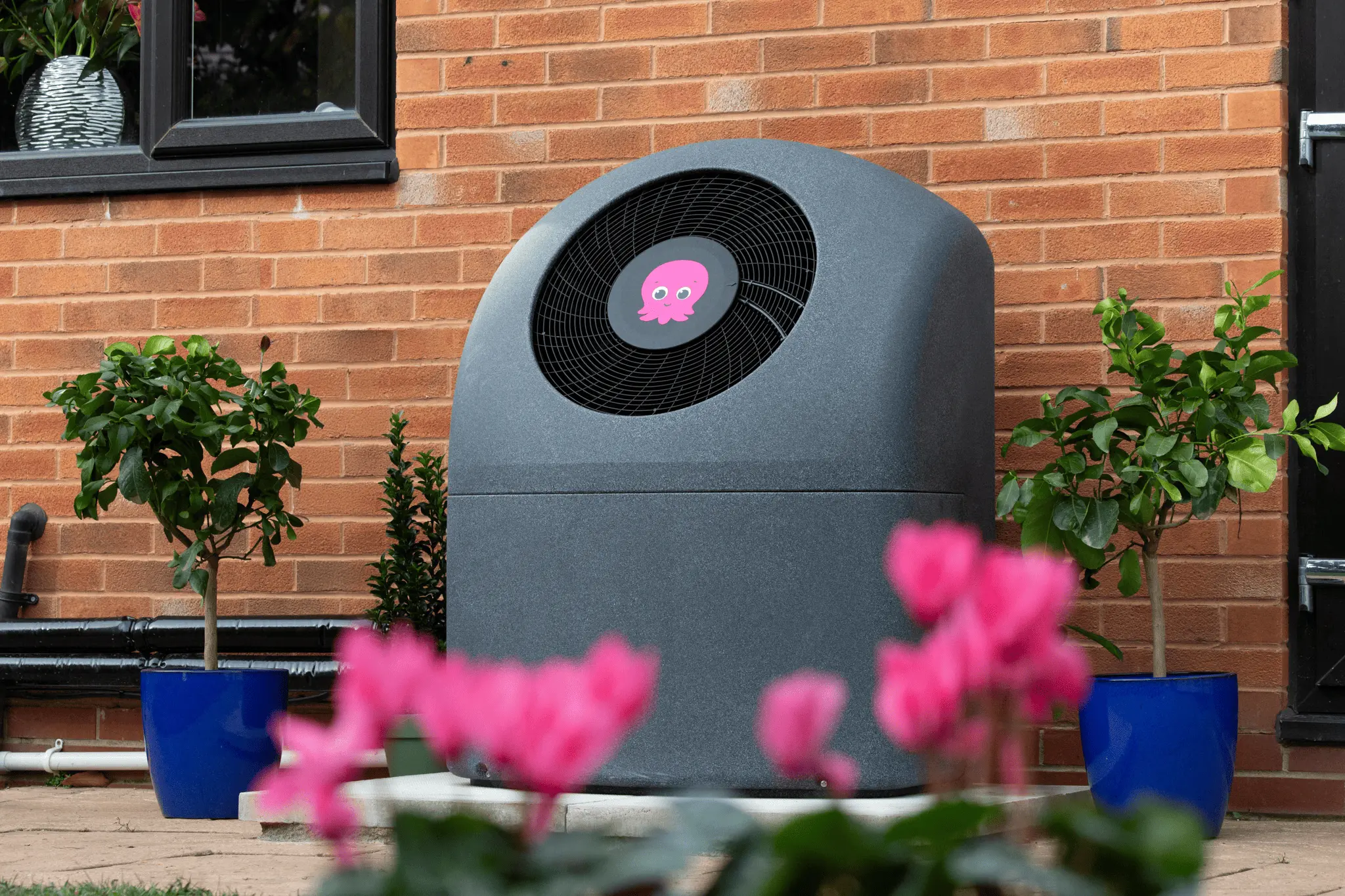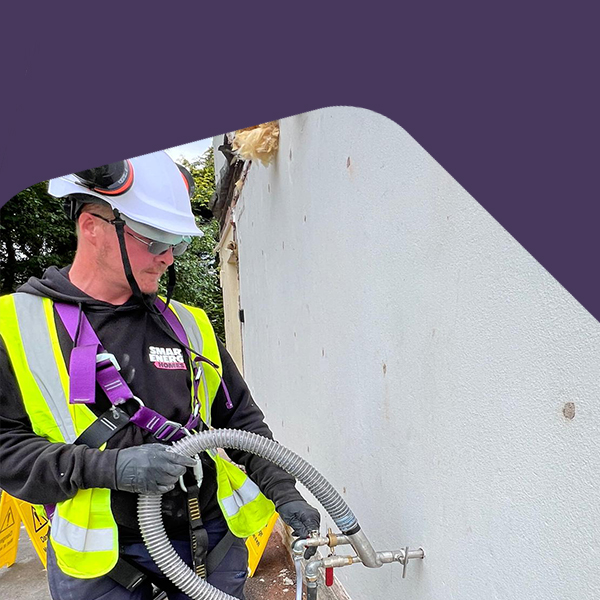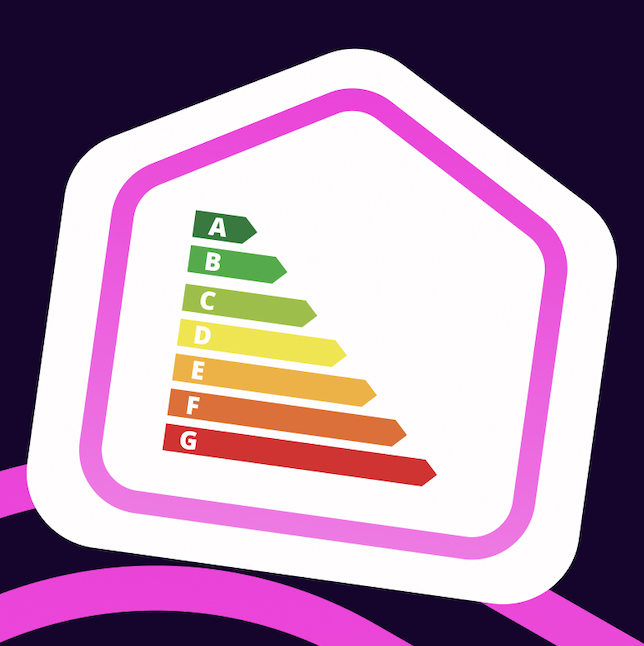Thanks to ECO4 and The Great British Insulation Scheme (GBIS), it’s now easier than ever to get fully funded cavity wall insulation for your home.
ECO4:
The latest phase of the Energy Company Obligation (ECO4) offers a wide range of energy-saving improvements, including various forms of insulation, solar PV, and complete heating system upgrades like Air Source Heat Pumps. These upgrades are designed to lower your energy consumption and enhance your home’s comfort. To learn more about how ECO4 can make your home more energy-efficient at no cost, visit the ECO4 section of our website.
The Great British Insulation Scheme (GBIS):
If you don’t qualify for ECO4, don’t worry—you might still be eligible for GBIS. While GBIS may not be as comprehensive as ECO4, it still provides fully funded solutions to improve your home’s energy efficiency. GBIS offers one insulation measure along with necessary ventilation upgrades to help you save on energy bills. To learn more visit the GBIS section of our website.









